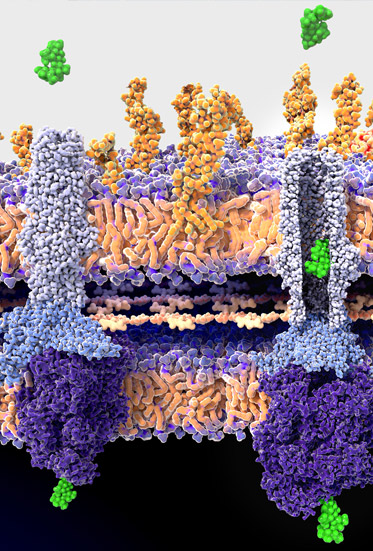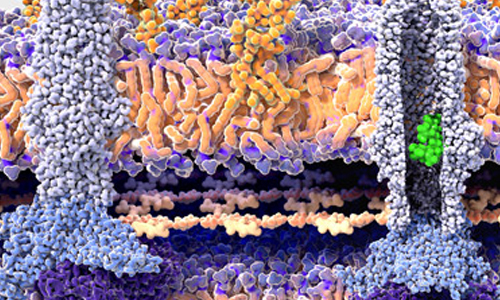Today already 700,000 deaths every year are happening worldwide because of AMR. By 2050, it would become an extremely difficult situation where 10 million people will die annually (19 deaths per minute) because of AMR, more people than currently die from cancer i.e. 8.2 million deaths per year. This is truly shocking and it does not stop here, even AMR has a very high economic cost. If AMR is not tackled than from now till 2050, AMR would cost 100 trillion USD.
What is AMR?
Antimicrobial Resistance (AMR) is the ability of microorganisms like bacteria (causes pneumonia), viruses (HIV), and some parasites (Malaria) to stop antimicrobials such as antibiotics, antivirals and antimalarial respectively from working against it. As a result, standard treatments become ineffective, infections persist and may spread to others.
Read More"Without urgent action, we are heading for a post-antibiotic era, inwhich common infections and
minor injuries can once again kill"
- WORLD HEALTH ORGANIZATION
Role of every Stakeholders
Everyone plays a role in the fight against antimicrobial resistance. Understanding your role and how you, specifically, can contribute in the fight against antimicrobial resistance is the first step in combating it. Understand what it is you can do to help combat AMR, and take the pledge today. Every part and every role matters, and together our roles make a difference.
Read MoreAntibiotics act on bacteria, not viruses
Antibiotics works against Bacterial pneumonia, Sepsis (blood stream infections), Wound and skin infections, Urinary tract infections, Bacterial tonsillitis (strep throat), etc.
Antibiotics does not work against Colds, Most respiratory tract infections, Influenza (the flu), Viral gastroenteritis, Measles.
The trouble making pathogens

A. baumannii

P. aeruginosa

E. coli

K. pneumoniae

E. faecium

S. aureus

H. pylori

Campylobacter

N. gonorrhoeae

S. pneumoniae

H. influenzae

Shigella spp



